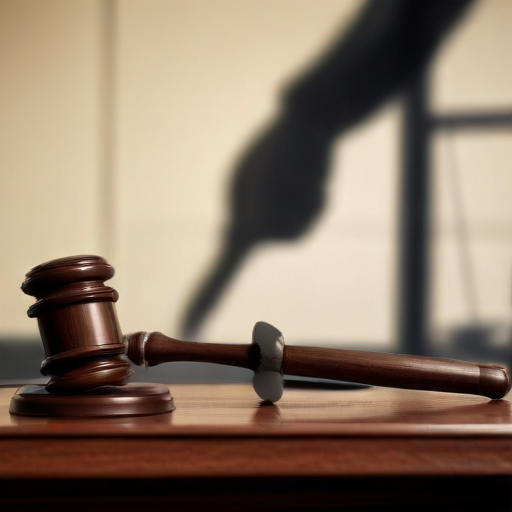Luigi Mangione, a 26-year-old man, has been arrested and charged with multiple crimes, including second-degree murder in connection with the death of Brian Thompson, the CEO of UnitedHealthcare. Mangione was apprehended on Monday at a McDonald’s in Altoona, Pennsylvania, shortly after police identified him based on surveillance photographs linked to a “brazen, targeted” attack that took place in Midtown Manhattan on December 4. The Manhattan District Attorney’s office confirmed the murder charge and additional charges, which include possession of a loaded firearm, criminal possession of a weapon, and possession of a forged instrument.
The forged instrument in question was a fake New Jersey driver’s license that Mangione allegedly used to check into a hostel on Manhattan’s Upper West Side. Currently, he remains in custody in Pennsylvania and is awaiting extradition to New York, where court records related to the charges will be sealed until his first court appearance there.
Upon his arrest, law enforcement officials recovered a ghost gun—a firearm without a serial number—along with a suppressor. The weapon matched descriptions of the gun allegedly used in Thompson’s murder. The police complaint also noted that Mangione had provided false identification to authorities and was found in possession of additional items of interest, including a stash of written documents that reportedly expressed animosity toward corporate America.
Police are now investigating Mangione’s travel history over the past year, including any movements across the United States and abroad.
This unfortunate incident underscores the serious repercussions associated with gun violence and the complexities of mental health, highlighting the need for continued conversations around safety and accountability in our communities. As the investigation unfolds, there is hope that a careful examination of these events will lead to greater awareness and proactive measures to prevent such tragedies in the future.
In summary, Luigi Mangione is facing severe charges, including murder, following the death of UnitedHealthcare’s CEO. His case raises important questions about public safety and the need for dialogue around mental health and violence in society.
